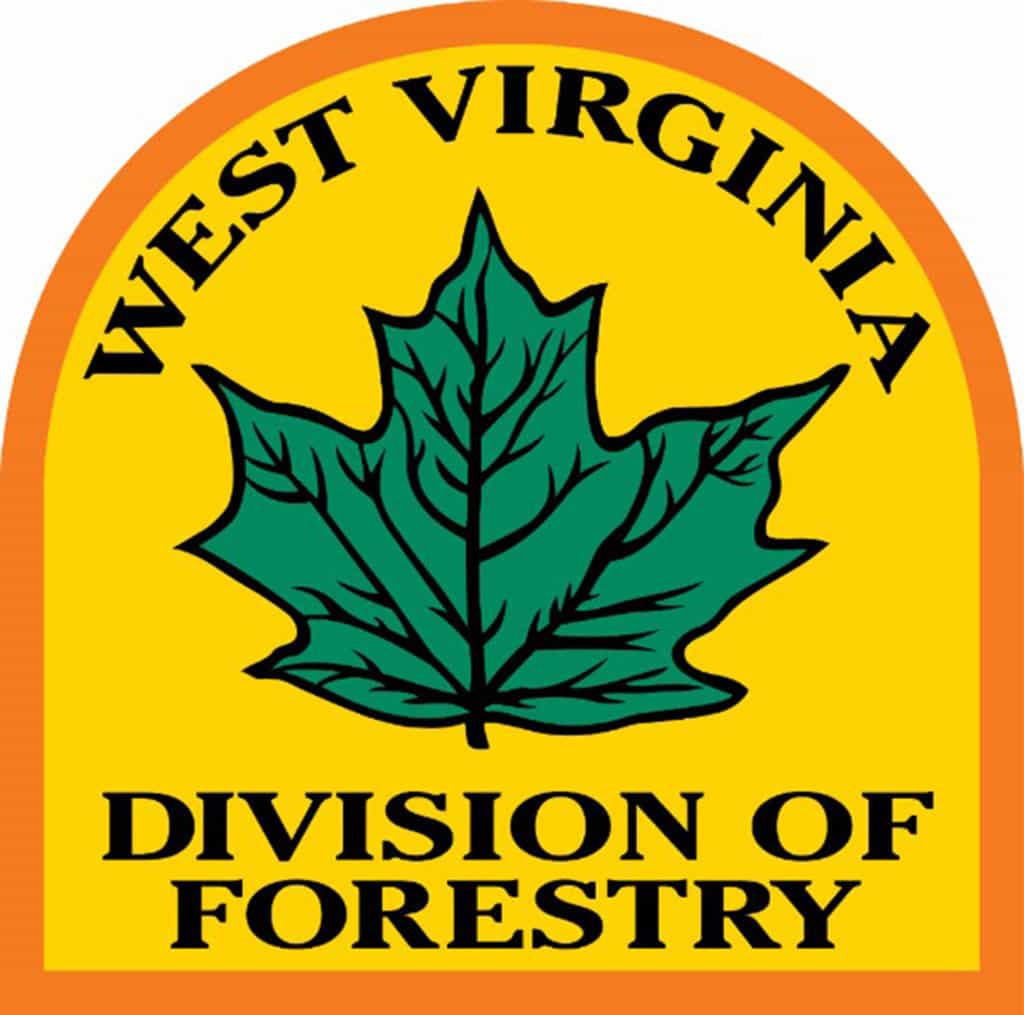CHARLESTON, W.Va. — West Virginia’s 2019 ginseng season opens Sunday, Sept. 1, and continues through Saturday, Nov. 30.
A law introduced in the 2018 season requires all diggers to provide a government- issued photo identification to sell their ginseng to a registered dealer. Fines for violating the law shall be no less than $500 up to $1,000 for a first offense and $1,000 and not more than $2,000 for multiple offenses.
In 2018, 31 ginseng hunters were prosecuted for various illegal activities. The violations included digging out of season, buying and selling without a dealer’s permit, possess of ginseng younger than five years and digging without written permission.
Details on ginseng are available on the recently renovated Division of Forestry website, https://wvforestry.com/ginseng-program/. The program site includes a description of mature ginseng plants, rules for harvesting and resources such lists of West Virginia ginseng dealers and weigh stations.
The perennial herb grows slowly with seeds that take two years to germinate. By law, only ginseng plants with three or more prongs are old enough to harvest. Ginseng diggers must replant the seeds from the parent plant in the spot where they harvested it to help continue the species.
Poaching is illegal and threatens the survival of wild ginseng. Digging for ginseng is not permitted in State Forests, State Parks or other state-owned public lands. Ginseng hunters must have written permission to dig the plants from private property.
Diggers have until March 31 to sell to a registered West Virginia ginseng dealer or have roots weight-receipted at one of the West Virginia Division of Forestry weigh stations. A weight receipt is a record of the ginseng dug during the current year and the individual who wants to hold it over to the next digging/buying season.
Dealers purchased green (wet) and dry ginseng which totaled 9,000 pounds for the 2018 ginseng season.
Ginseng grows throughout the state and can be found in all 55 counties.














